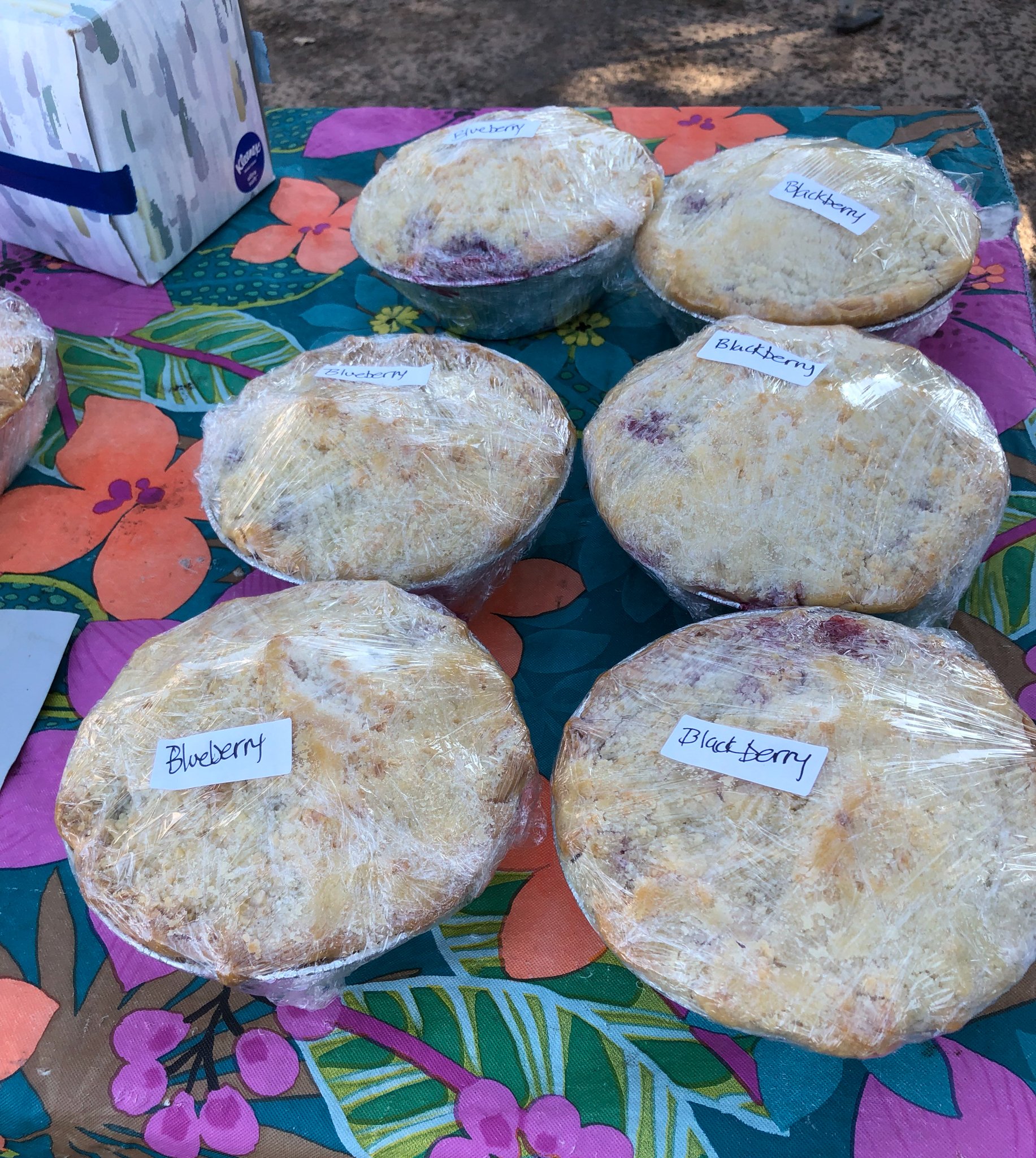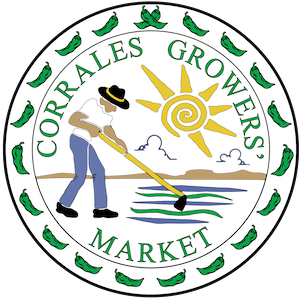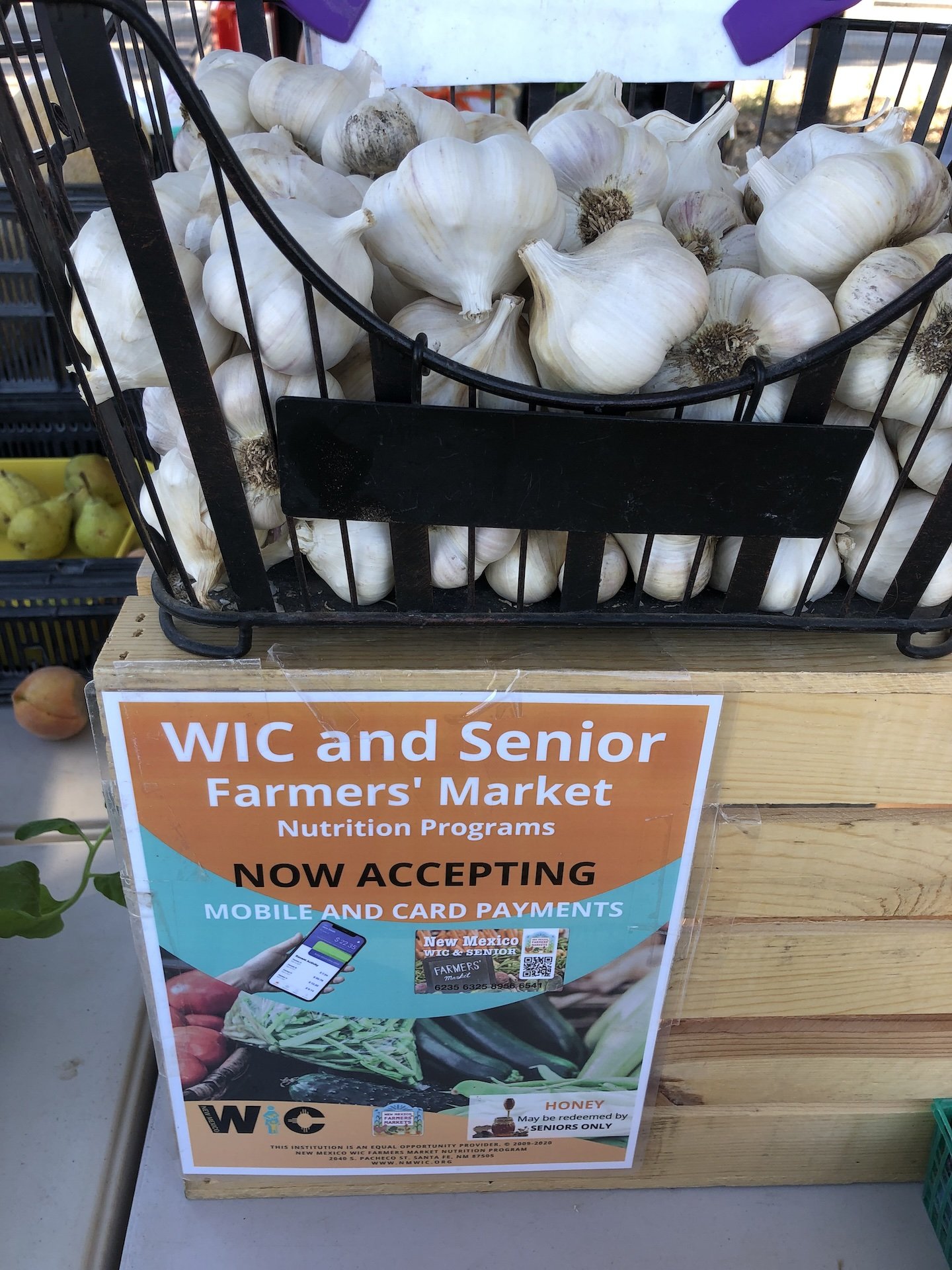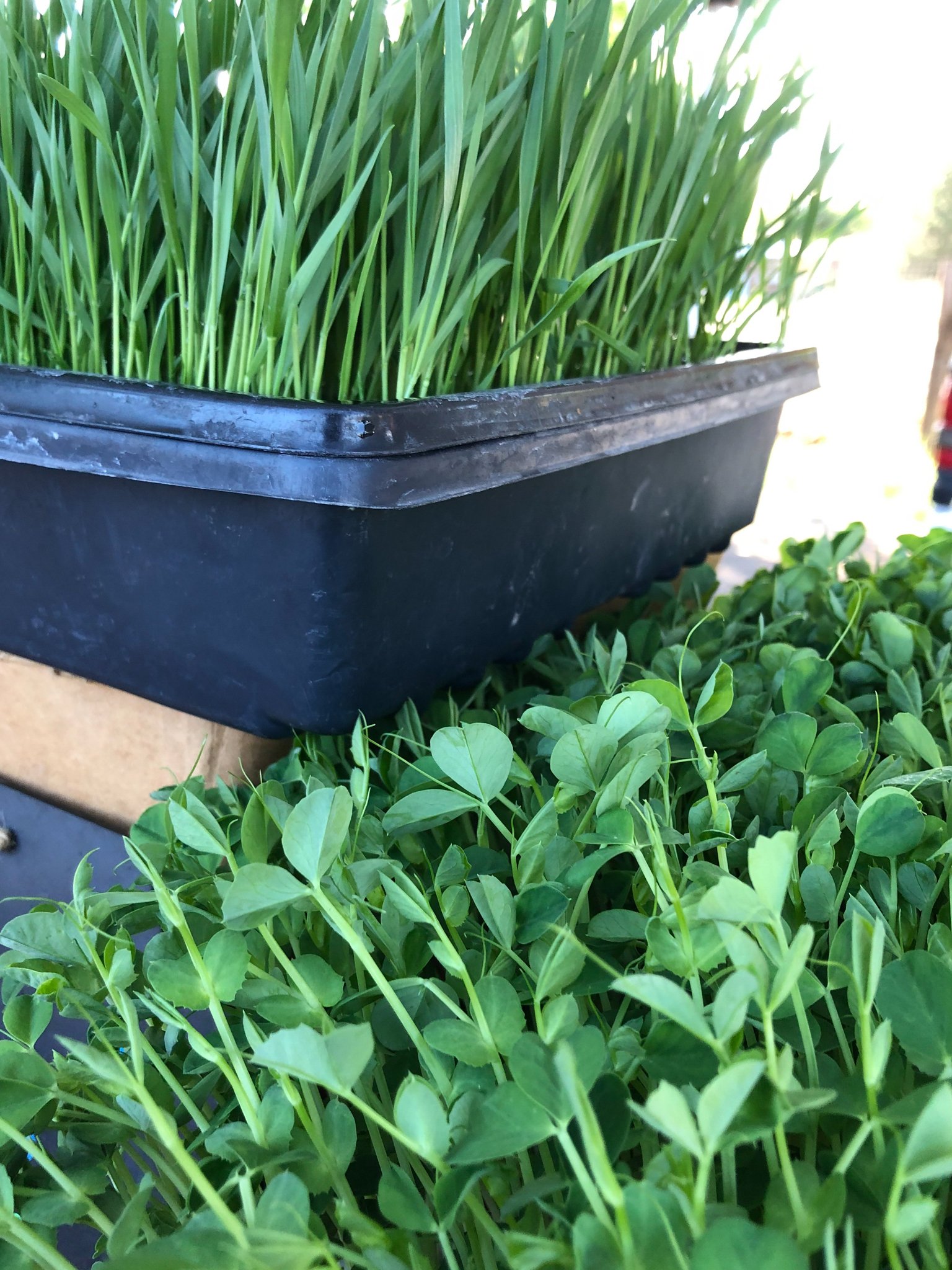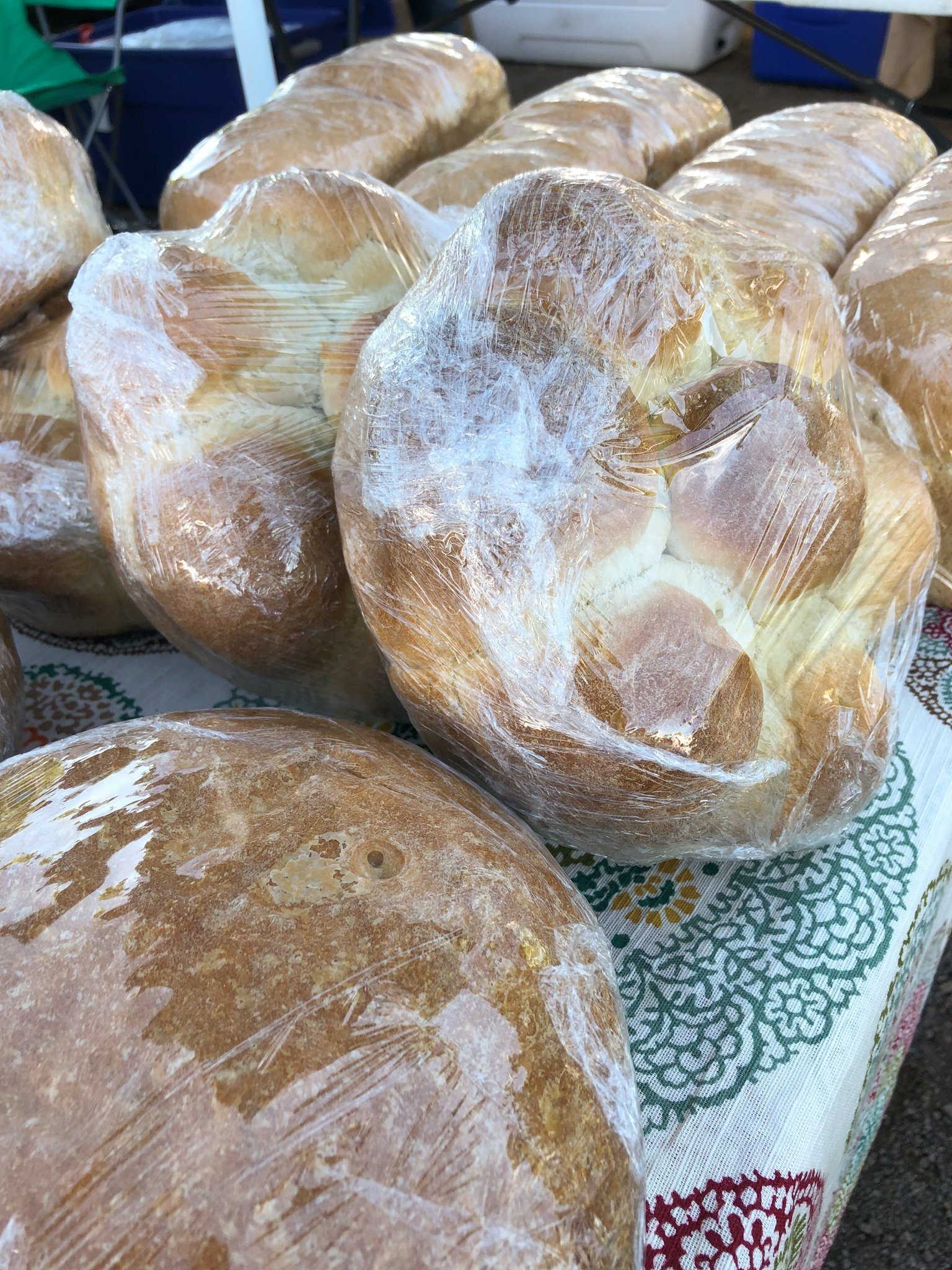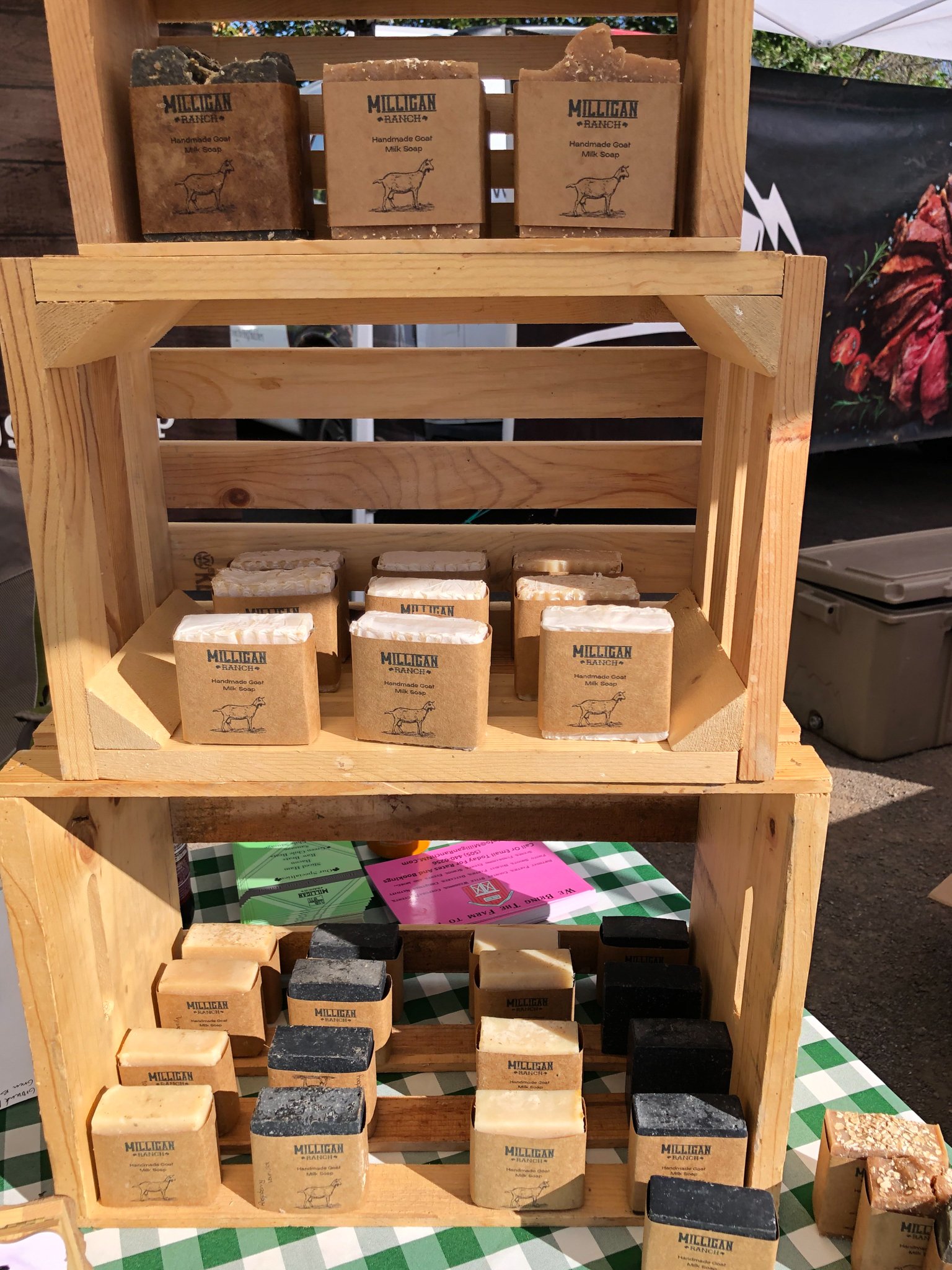Farmer Highlight: Nacimiento Natural Products
June 21, 2025
Nacimiento Natural Products raises 100% grass-fed and grass-finished beef in the high desert and mountain meadows of northern New Mexico. Their cattle graze freely year-round on public lands, following a natural diet of native grasses and forage without confinement, antibiotics, or growth hormones. This hands-off, low-stress approach results in robust, healthy animals and high-quality meat. To support the local economy, all beef is processed by USDA-certified facilities within New Mexico. The farm emphasizes transparency and sustainability, offering their beef online and at local growers markets, and encourages customers to reach out directly with questions about sourcing, cuts, or availability.
Below are a few pictures from the recent drive to get the herd back in their wilderness for the summer! You can always pre-order ahead of time — reach out to Mary via email (info@nacimientonaturals.com) or phone/text (425-345-0666). They will be busy for the next few weekends, so there’s a special Albuquerque area dropoff on Wednesday, June 25th. reach out to coordinate ASAP!
Visit us in Corrales
500 Jones Rd. Corrales, NM 87048
We are located on Corrales Road, just south of the Post Office. Parking is available on either side of the market, both in the Post Office parking lot and attached gravel lot. there is also more parking at the Corrales Recreation Center and Top Form Arena at the back of the Rec Center.
Traveling from Albuquerque: Travel north on Coors Road, past Alameda Blvd. Continue north on Corrales Road approximately 2 miles. The Market is located on the left, just before the Post Office.
Traveling from Rio Rancho: Travel east on Southern Blvd/Meadowlark Lane, past NM-528 into Corrales. Turn north on Corrales Road, and drive approximately half a mile. The Market is located on the left, just before the Post Office.
Traveling from Bernalillo: Travel south on NM-528. Turn left on Corrales Road/NM-448 and follow for approximately 4.5 miles. The Market will be located on the right, immediately after the Post Office.
2025 Market Schedule
Weekly markets on Sundays and Wednesdays 9AM-12PM
Our Mission
The Corrales Growers’ Market operates to support the traditional agricultural economics of the Village of Corrales and to provide community access to sustainable sources of locally grown food. We support the preservation of farmland, the sustainability of family farms and local agricultural production by providing agricultural producers a marketing facility for the sale of their products directly to consumers.
